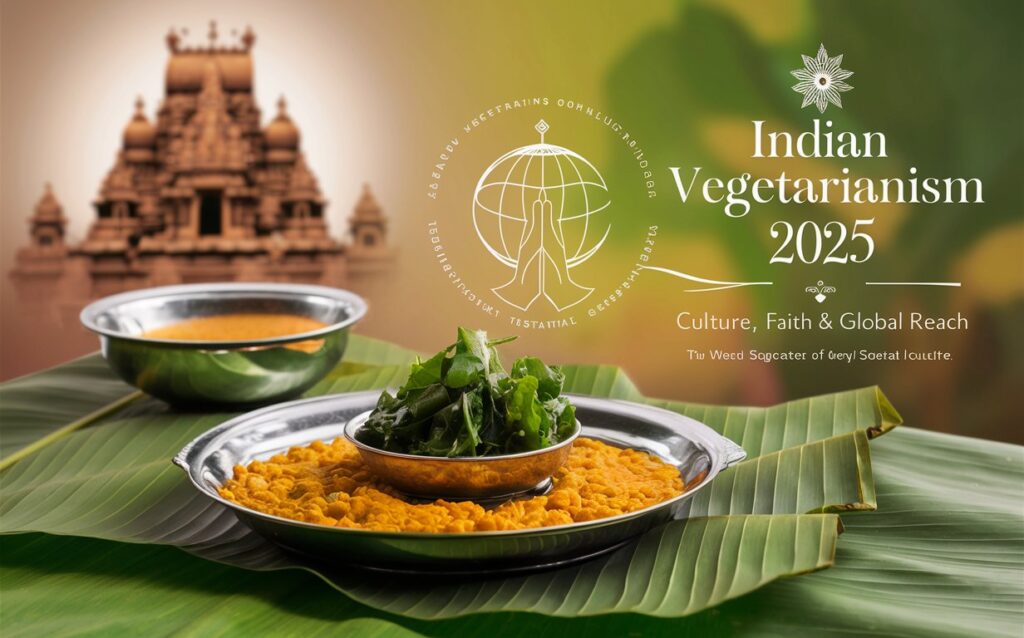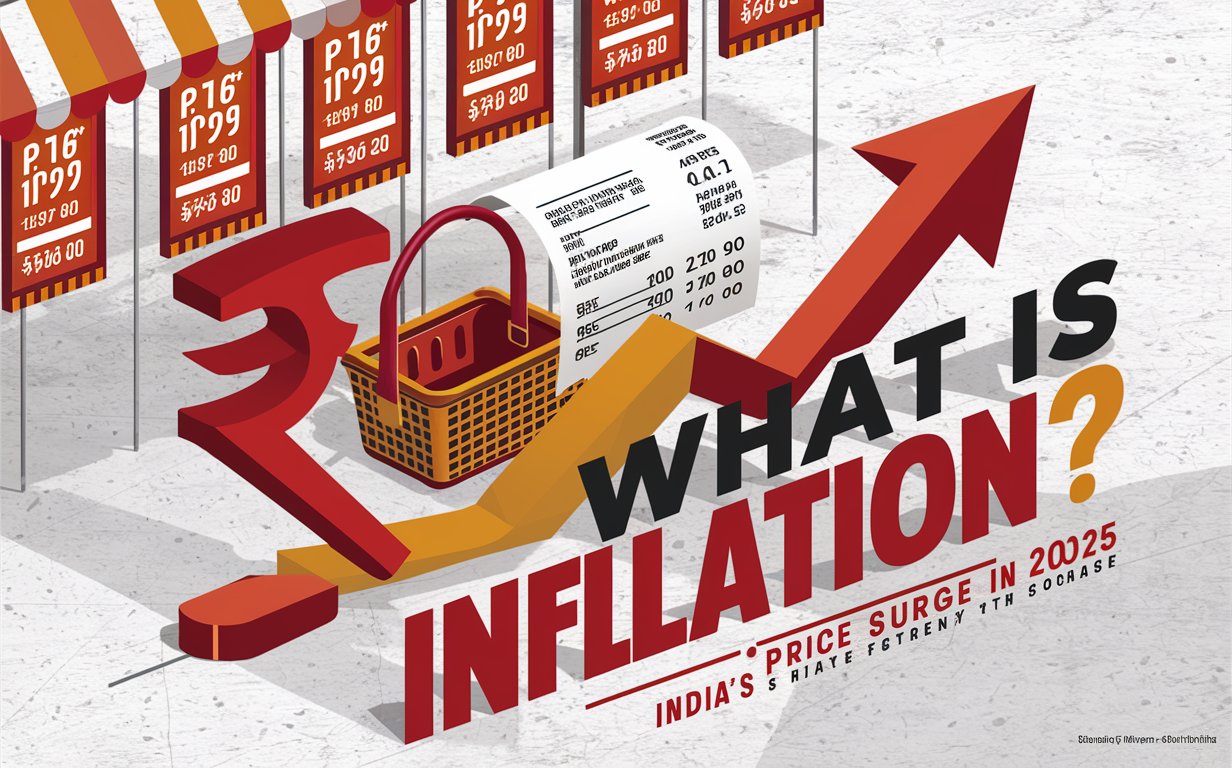🍽️ Indian Vegetarianism: Culture, Religion, and Global Influence in 2025
Indian vegetarianism is not just a dietary choice—it is a centuries-old tradition deeply rooted in philosophy, spirituality, and ethics. In 2025, as plant-based diets rise globally, India’s unique vegetarian culture is gaining renewed attention for its ecological, cultural, and health contributions.
From ancient scriptures to modern-day vegan startups, Indian vegetarianism stands as a symbol of sustainability, compassion, and cultural pride.

🧘 The Roots of Indian Vegetarianism: Dharma, Ahimsa, and Food
The foundation of Indian vegetarianism is deeply spiritual. Two core concepts guide it:
- Ahimsa (non-violence): A moral principle found in Jainism, Buddhism, and Hinduism
- Dharma: A duty-based ethical system which promotes purity and discipline in consumption
Texts like the Bhagavad Gita, Manusmriti, and Tirukkural advocate non-violent food practices, encouraging vegetarian diets for spiritual purification and ethical living.
🕌 Religion and Regional Influence
Vegetarianism in India varies by region and religious beliefs:
- Jains: Strict vegetarians who avoid root vegetables to prevent killing organisms
- Hindus: Majority follow a lacto-vegetarian diet, especially in states like Gujarat, Rajasthan, and Uttar Pradesh
- Buddhists: Many follow vegetarianism as an expression of compassion
- Sikhs: While not mandated, many choose vegetarianism, especially in religious contexts
- Muslims and Christians: Tend to be non-vegetarian, but even within these communities, vegetarian meals are widely respected and practiced on religious days
India has the highest number of vegetarians in the world, estimated at over 30% of its population in 2025.
🌿 Vegetarianism and the Indian Economy
Indian vegetarianism supports a robust agricultural and food processing industry. In 2025:
- India is the world’s largest producer of pulses and second-largest producer of fruits and vegetables
- Plant-based startups such as GoodDot and Evo Foods are disrupting the meat alternative space
- Vegetarian restaurants continue to thrive, especially in religious pilgrimage areas like Varanasi, Rishikesh, and Tirupati
The rise of Ayurvedic nutrition and organic farming has added momentum to the vegetarian economy, attracting both domestic and international consumers.
🥦 Vegetarianism as a Global Soft Power
Indian vegetarianism is now a global cultural export:
- International Yoga Day celebrations often feature Indian vegetarian cuisine
- Bollywood celebrities like Akshay Kumar and Sonam Kapoor advocate plant-based lifestyles
- Indian vegetarian dishes such as dal, chole, palak paneer, and idli are now mainstream in countries like the UK, US, and Australia
UNESCO has even recognized Indian vegetarian thalis for their balance and nutrition.
🧬 Health and Environmental Impact in 2025
Scientific studies in 2025 reaffirm the benefits of the Indian vegetarian diet:
- Lower risks of heart disease, diabetes, and obesity
- High in fiber, antioxidants, and micronutrients
- Reduces carbon footprint significantly compared to meat-heavy diets
Organizations like the World Health Organization (WHO) and FAO recommend reducing meat consumption to combat climate change—a practice India has long embraced through its food traditions.
🔮 Challenges to Vegetarianism in Modern India
Despite its benefits, vegetarianism in India faces social and political tensions:
- Food-based discrimination against non-vegetarians in urban housing societies
- Caste identity issues, where vegetarianism is sometimes used as a marker of superiority
- Policy challenges over food bans, like beef prohibition in certain states
Balancing tradition with inclusivity remains a key challenge for India’s evolving food identity.
🧾 Conclusion: Indian Vegetarianism in 2025—A Model for the Future?
Indian vegetarianism in 2025 is more than a personal choice—it’s a movement that blends culture, ethics, health, and sustainability. As the world looks for climate-friendly and humane dietary systems, India’s ancient food philosophy offers a model rooted in balance, respect, and resilience.
DoFollow External Links:
Internal Links:



Post Comment